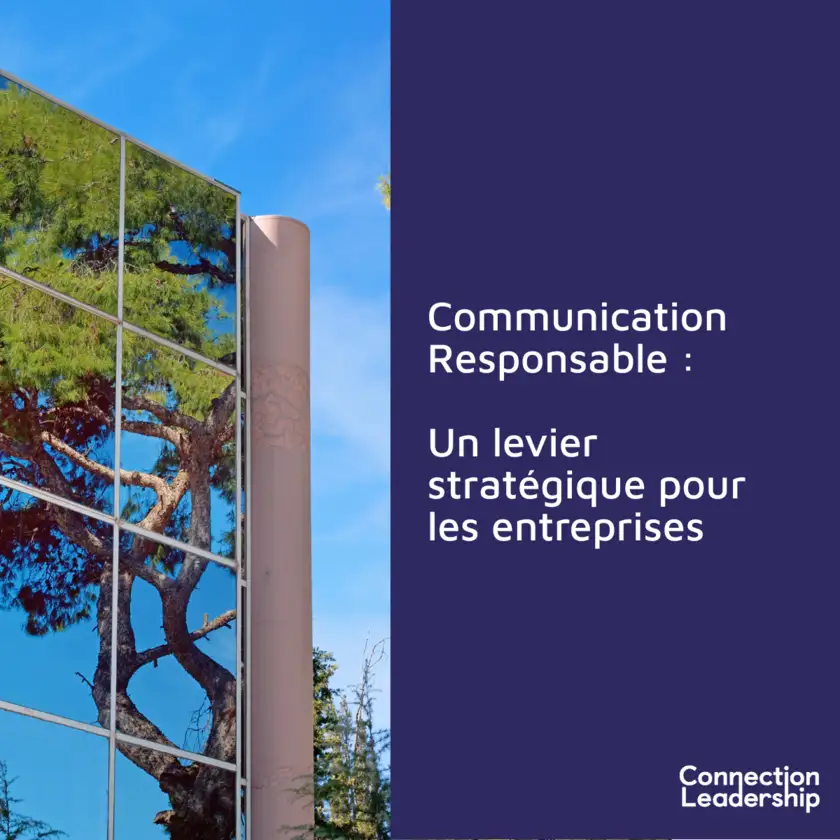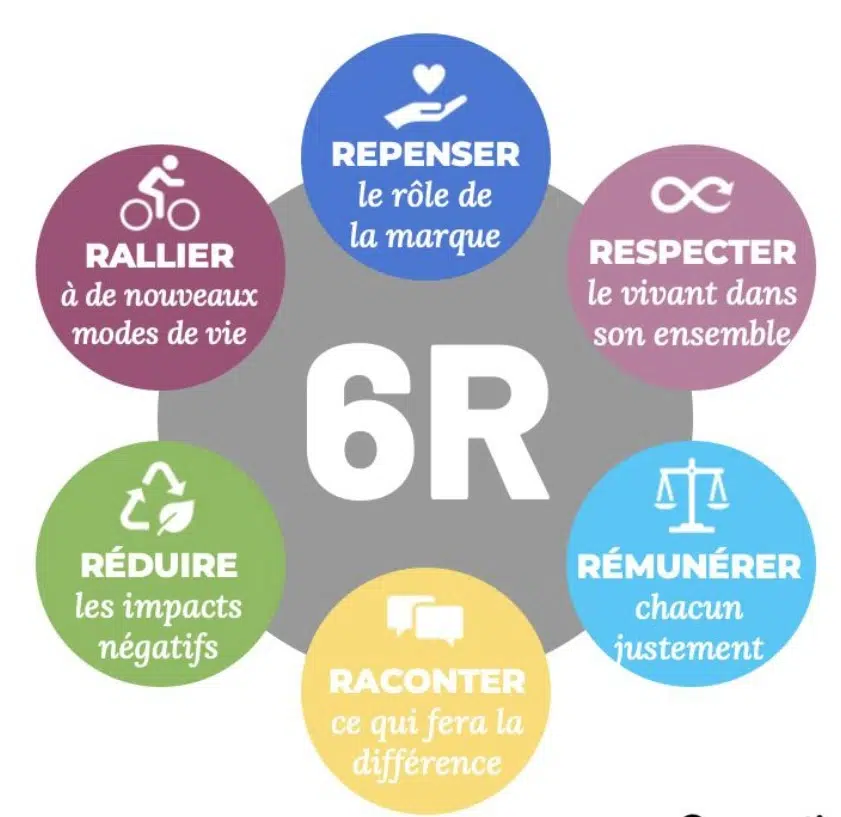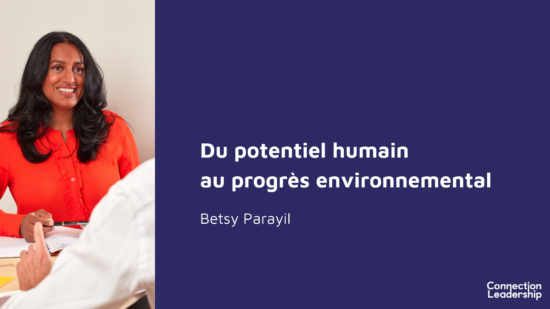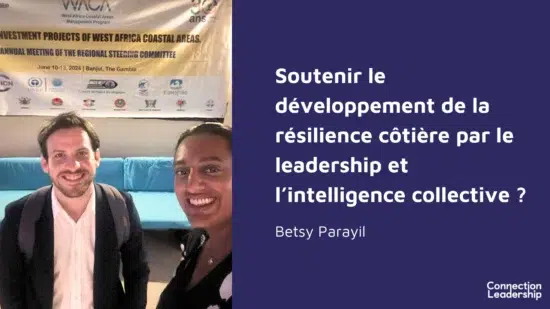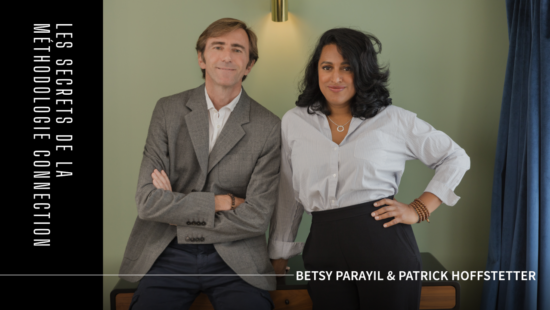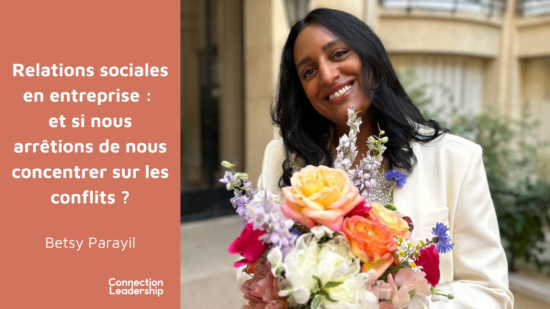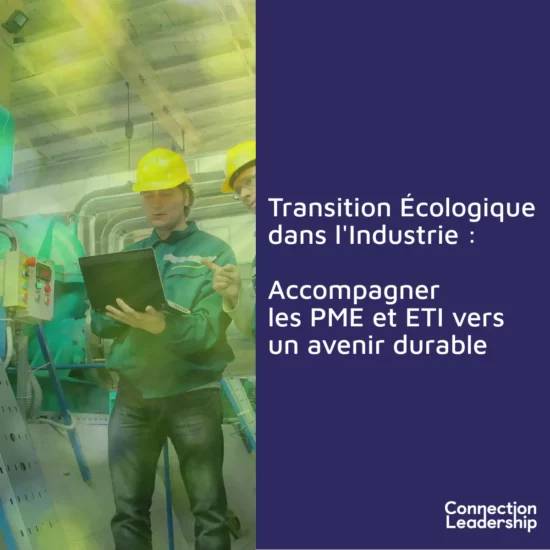
Ecological Transition in Industry: Supporting SMEs and ETIs towards a sustainable future
Industrial SMEs and SMBs: take up the challenge of ecological transition with an innovative and sustainable approach. Find out how Connection Leadership can support your transformation to combine performance, innovation and positive impact.

